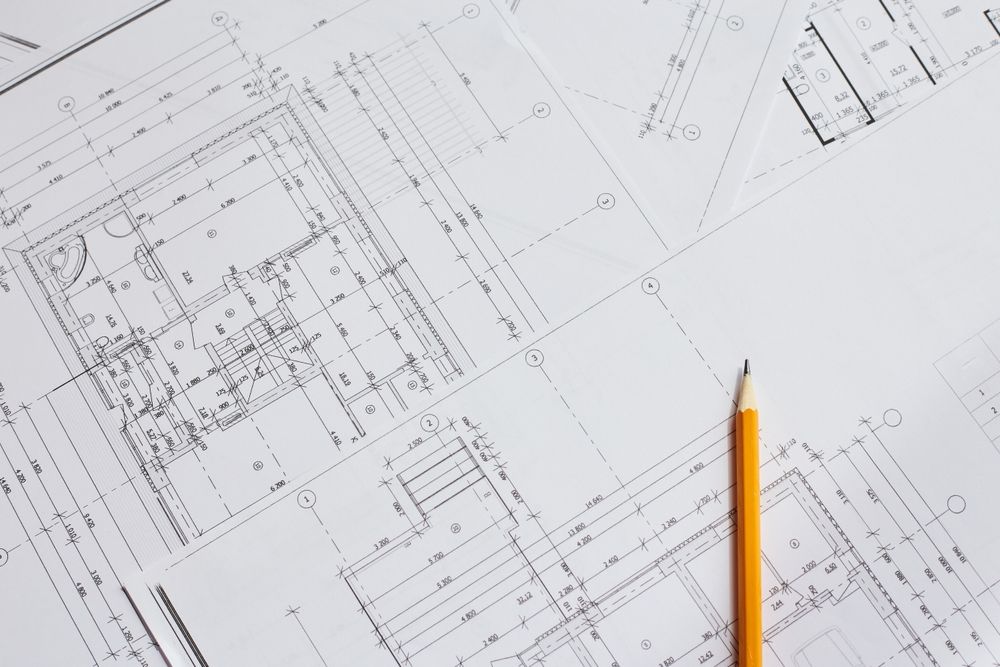Picking The Right Contractor

Criteria For Deciding Who You Want to Work With
(And Who You Don't)
One of the most frustrating aspects of a building project from the owner's perspective is being let down by the performance of the General Contractor. There are infinite pitfalls that can throw a project into disarray, but let's take a moment here to review some of the things owners can focus their attention on to limit some of their risk with regard to Contractor selection.
None of these words of advice are ground breaking, but going over the basics can sometimes be the ounce of protection an Owner needs. Take a look!
The Sooner You Ask Questions The Better
1. Ask. Ask. And Then Ask Some More.
Don't ever worry about asking too many questions. Ask the potential Contractor, ask prior Clients, ask Architects and Engineers, ask other Owner's, ask Subcontractors.
OK, ask them what? Everything!
Is this Contractor easy to work with? Do they show up? How do they communicate? What kind of subcontractors do they use? Do they listen to you? What are their scheduling and management skills like? Are they responsive to changes and available to solve problems?
The sooner and the more you ask these questions the better. A Contractor may do a great job for one client and poorly for most others - it's impossible to fool everyone, so don't take only one person's word for it.
Manage the Project in a Way That is Agreeable to You
2. Decide What Is Important to You.
Use your question asking opportunities to pursue a course of action that emphasizes what is important to you. Don't think that you *have* to do your project a certain way - Contractors and projects are all different and depending on your requirements there are different construction options at your disposal for securing a good project.
Let's take a look at three different Owners renovating a downtown Warehouse:
Owner A: Has managed several renovations like this before, has fully developed sets of plans from an active downtown Architect with permit approvals, has secured financing and a nationally known incoming tenant, and is primarily concerned about site safety and having the renovation complete by the commencement of the lease.
Owner B: Inherited the warehouse from his family and has no interest in renovating the warehouse, but has to meet several significant zoning and safety requirements or face continued issues with the City and the Fire Marshal. Has a limited budget, no architect, and no set time frame for completion other than needing to update the building so it can be sold.
Owner C: Has an architect with conceptual drawings with a strict budget, low regulatory and permitting requirements, and an open ended time frame with the Architect being the primary point of contact for the Owner.
Wow! The same building resulting in three completely different projects based on varying Ownership situations. It's likely each of these Owners needs a different type of Contractor, all well qualified with good references, but each with their own unique ability to meet the needs of that particular project. As the Owner, select the Contractor that will not only meet your construction needs, but will also manage the project in a way that is agreeable to you.
Sometimes All it Takes is One Phone Call to Save Your Project
3. Don't Leave Things to Chance
Always do these things: verify references, check licenses, check insurance coverage, check permits, contractually agree to any item of importance (such as budgets, schedules, site access, hours of work, payment terms, exclusions of work, change order terms, and lien waiver requirements), immediately address items of concern..........
Yes, this list can go on forever and there are many items not covered in this short summary, but it is always to your advantage to go the extra mile and verify anything of which you are unsure - sometimes all it takes is one phone call or message to save your project a lot of future headaches.
All the Best and Let Us Know How it Goes!
